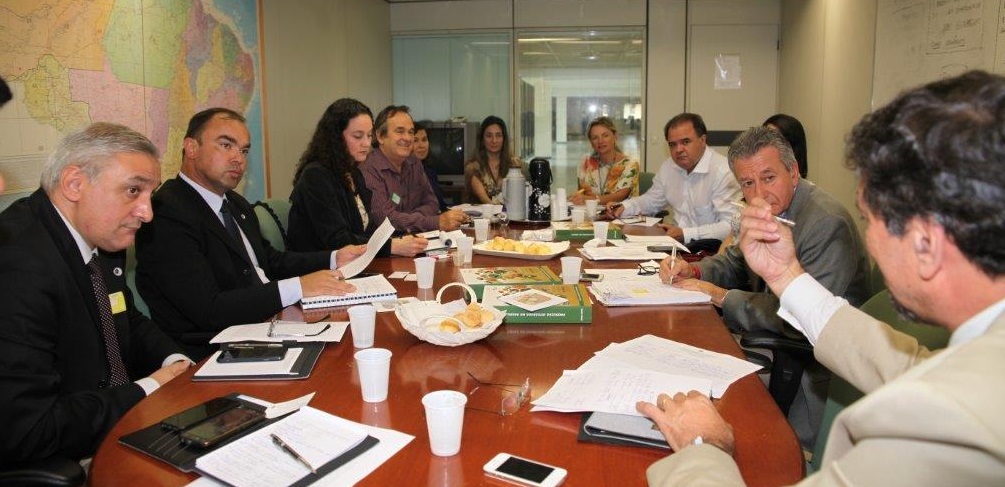Negotiations advance for Brazilian traceability program

After a successful pilot project involving 30 supermarkets in the southern Brazilian state of Santa Catarina, leading public and private sector groups in the country are moving ahead with a traceability project covering a wide range of metrics.
In a release, the Ministry of Agriculture, Livestock and Supply (MAPA) and the Brazilian Supermarket Association (ABRAS) said they had advanced in negotiations and established terms of cooperation, which will broaden farmers' access to good practices of integrated agricultural production.
The goal of the initiative is to reduce production costs while benefiting consumers through healthier food supplies that are free from residues that pose health risks.
The Food Traceability and Monitoring Program (RAMA) will now be expanded to other southern states of Rio Grande do Sul and Paraná, while supply centers in the metropolises São Paulo (CEAGESP) and Minas Gerais (CEASA Minas) are set to stimulate suppliers to produce safer and more traceable food products.
RAMA has its basis in monitoring fruits and vegetables, particularly in terms of pesticides used from production to the point of sale. The ministry reports the main objective is to ensure residues found in food are not above levels that pose health risks and are at legally permissible levels.
Abras superintendent Márcio Milan said the entity and the ministry were looking for ways to include everyone involved in the fruit and vegetable supply chain, including pesticide manufacturers, to ensure safe products of good quality.
Farmers will receive training through the program to provide higher value-added products to retailers so they can sell safe food.
Milan said the products where excess agri-chemical residues were of the most concern included chili peppers, strawberries and oranges.
He said the initiative was also designed in a way so that protective measures would not increase costs for consumers.









































